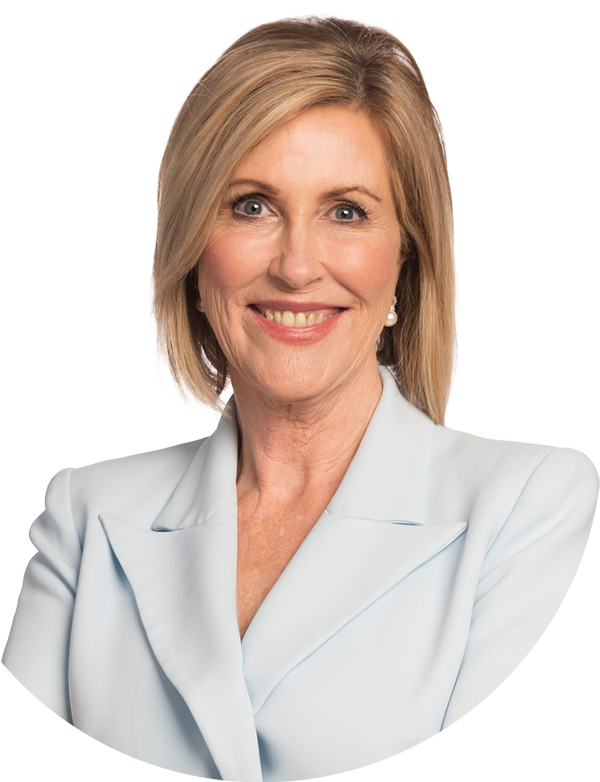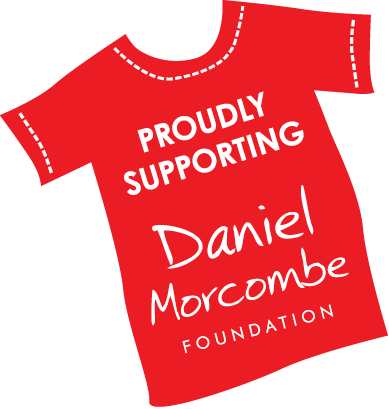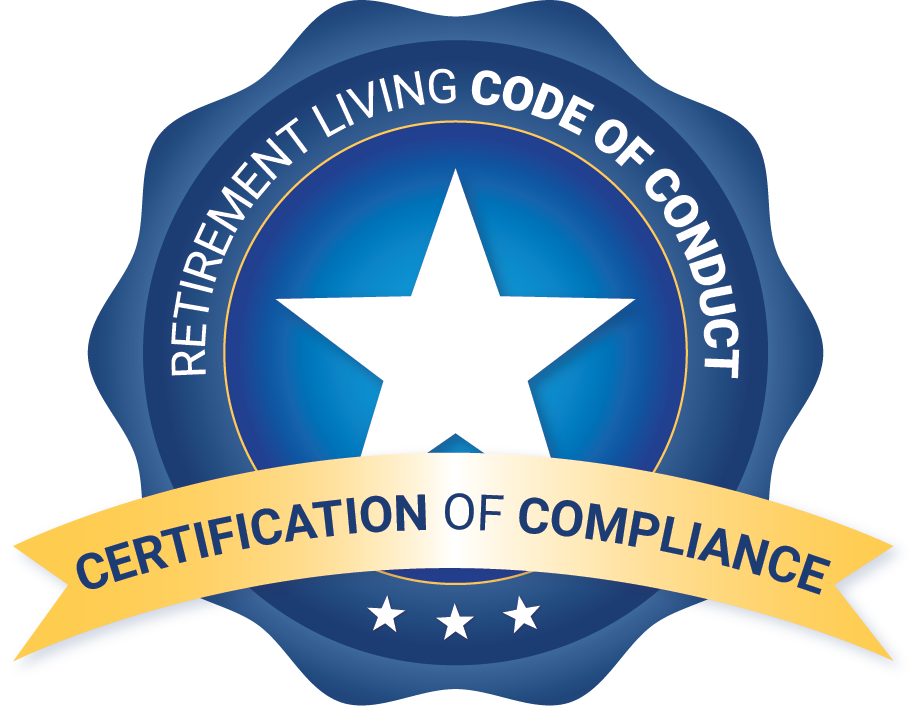You’re invited to our Tea & Tour Event – 28 Feb | RSVP NOW
Frequently asked questions
Answers to the most common questions we receive about life in a retirement village living and the fees and charges involved.
About retirement villages
We understand that researching retirement options can be a complicated process and that it’s important to have all the information upfront to help make a well-informed decision.
Here we provide a summary of the most frequently asked questions that we answer in relation to entering, living in and leaving a Reside Communities’ village.
We always recommend that you take appropriate legal and financial advice before signing any retirement village contract.
View our Village Comparison Document for more information.
What is a retirement village?
A retirement village is a residential community that is specifically designed and built for older people. Generally, retirement village residents are retired from full-time work and are 65 years of age or older.
Retirement villages are different from aged care facilities and are suited to residents who are able to live independently.
In Queensland, retirement villages are regulated by the Retirement Villages Act 1999 (Qld) (the Act) and the Retirement Villages Regulation 2018 (Qld).
How does buying a unit in a retirement village differ from buying an ordinary house or unit?
Living in a retirement village is very different from living in an ordinary home. After decades spent in home ownership, many of our residents seek a place to retire where they don’t have to worry about maintaining and repairing buildings and looking after a garden. Retirement village residents also have access to and enjoy a range of services and amenities that are exclusive to residents living in the retirement village.
Another key benefit of living in a retirement village is being among a community of people at the same stage of life, not to mention the peace of mind and sense of security this brings. Many retirement village residents appreciate having regular opportunities to socialise with others – either through incidental contact or organised social activities and events – without having to leave the village.
About fees and charges – when you buy
How is the ingoing contribution determined?
The ingoing contribution is the amount you pay on entry into the retirement village and is determined by market demand, services and facilities.
When purchasing a right to reside in a home in a retirement village, the resident is not purchasing a residential investment; they are purchasing a lifestyle with a suite of services and amenities.
How do I secure a home or apartment?
A fully refundable deposit of $5,000 will secure your home of choice. When the deposit is received, we will hold the home for you for up to 60 days to allow you to arrange finances and/or sell your home. If at any stage you change your mind, the $5,000 will be fully refunded to you.
Generally, settlement (when you pay the balance of the ingoing contribution) then occurs on a date that we agree with you, unless your purchase is subject to the sale of your home, in which case settlement will occur on the same date that you settle the sale of your home.
All deposits are held in trust until you settle on your new home or until your 14-day cooling-off period expires – whichever milestone occurs later.
Is stamp duty payable on purchase?
No, under current legislation residents do not pay stamp duty to live in a home in a leasehold retirement village (like those owned and operated by Reside Communities).
What other costs do I incur when moving into the village?
When you purchase a right to reside, you pay costs for preparation of the contracts, a registration fee for registration of your lease on the title to the village land and a survey fee (if applicable), for a survey plan of your home to be prepared for registration with your lease. These costs/amounts are subject to change.
Your solicitor will also charge for advising you on the terms of the contract and acting for you on the conveyance, just as when you purchase a house.
Under one of our contract options, you can also pay a community contribution fee in order to secure a lower exit fee when you leave. The community contribution fee is payable upfront along with your ingoing contribution or entry payment.
About fees and charges – while you live in the village
What are monthly fees?
Apart from the ingoing contribution (which you pay on entry into the village) and the exit fee (which you pay when you leave the village), the other main cost associated with living in a retirement village is the payment of monthly fees.
The monthly fees are established to provide a balanced budget for the village. We, as the scheme operator, do not and cannot make a profit from the payment of the monthly fees.
While the monthly fee is a single payment made by residents on a monthly basis, it combines two separate fees: the general service charge and the maintenance reserve fund contribution.
The general service charge covers operating and service costs, including:
- Rates – land and water
- Insurance on the building and items in the village not owned by residents
- Village garden and landscaping upkeep
- Operation of village facilities
- Services provided to all residents, excluding any optional user-pays services
The maintenance reserve fund contribution goes into the maintenance reserve fund, which is a separate budget that covers the cost of the maintenance of capital items within the village, including:
- External building maintenance and repairs
- Maintenance within the resident’s home (i.e. changing tap washers)
- Maintenance and repair of fixtures and fittings in the home (i.e. hot water system or air-conditioning)
The monthly fees do not cover:
- Electricity
- Gas
- Contents insurance
- Any personal expenses such as telephone, internet, health care and living expenses
Will the monthly fees increase?
Per the Act, the fees may rise by CPI each year (subject to some exceptions). Should we seek a rise above CPI (if it is envisaged that village operating costs may exceed fees) this must be voted on by the residents.
Are pets allowed?
We know pets are an important part of our residents’ lives and families, which is why they are welcome to move in with their owners once approved.
Can I have guests stay over?
Yes – your dwelling in the village is your home and you are more than welcome to invite guests to stay for short periods of time.
About fees and charges – when you leave
Who sells and renovates the home when I leave?
We understand that leaving the village may be an emotional and challenging time for you and your family, so we strive to make the process simple and stress-free.
Our sales and marketing team have a passion for marketing and selling retirement homes and we will strive to sell your home in the shortest possible timeframe. We work closely with the outgoing resident and their representatives throughout the renovation, marketing and resale process. Depending on the sale price, the costs of finding a new resident for your unit are paid proportionately between you and us in accordance with the Act, unless you appoint your own external selling agent (see below).
When you leave the villa, you are responsible for the cost of any work required due to accelerated wear and tear and deliberate damage to the home (known as reinstatement work). The cost of any other replacements or repairs (known as renovation work) is shared equally (in line with our respective share in any capital gain).
We will work to take away the hassle and stress by facilitating the renovation process with trusted and reputable builders.
What funds do I receive when I permanently leave the home?
When you leave the home permanently and terminate your contract, we will pay an exit entitlement to you on the earlier of:
- 14 days after settlement of the sale of your villa; or
- 18 months from the date your contract is terminated.
Your exit entitlement is your ingoing contribution paid when you entered into the village plus 50% of any capital gain less:
- the exit fee;
- 100% of any capital loss;
- 100% of the costs that we pay on your behalf to carry out reinstatement work;
- 50% of the cost of any renovation work;
- your share of the costs of obtaining valuations (if any) and the cost of finding a new resident;
- our costs to prepare and settle the sale and the fee charged to remove your lease from the title to the village land; and
- your own legal costs in relation to settlement of the sale.
What is an exit fee (also known as a deferred management fee)?
The exit fee is a delayed payment that you make to us when you leave the village. It is deducted from your exit entitlement.
By deferring the payment of this fee until you permanently vacate the villa, you may have (depending on your individual circumstances) more money week-to-week to spend on the things you enjoy most while you focus on enjoying your later years in our community.
The exit fee covers our initial investment in the village and has been formulated to protect and secure our financial viability. This ensures we have the means to maintain and enhance the asset (being the village and all associated facilities and homes) both in the short term and over the long term life of the village in order to help foster a vibrant and supportive lifestyle for our residents.
How much is the exit fee?
Samford offers two unique contracts, which include highly competitive and industry-leading exit fees, so that our residents can choose the option that best suits their individual circumstances.
Option A
Under our Option A contract, the maximum exit fee is 25% of your ingoing contribution, accrued over five years.
Year 1 = 5%
Year 2 = 10%
Year 3 = 15%
Year 4 = 20%
Year 5 = 25%
Option B
Under our Option B contract, the maximum exit fee is 15% of your ingoing contribution, accrued over three years.
Year 1 = 5%
Year 2 = 10%
Year 3 = 15%
This contract involves paying an upfront community contribution fee, equating to 5% of the ingoing contribution, to reduce your exit fee further. After three years in the village, your exit fee will be capped at 15%.
In our experience, the majority of residents stay in the village for well over 10 years. Because our residents share in capital gain, the longer they stay in the village, the more likely they are to earn back their exit fee in capital growth.
When does the exit fee stop accruing?
The exit fee will stop accruing on the day that you permanently vacate the home.
When do my monthly fees stop?
To ensure that the village’s annual budget is met, you will be required to pay your monthly fees while your home is on the market. However, so that you can focus on your next step, we will reduce or take over payment of your fees after a set period of time has elapsed.
For up to 90 days from the date you permanently vacate the home, you will pay all monthly fees.
After 90 days and up to 9 months from the date you permanently vacate the home, the fees are paid proportionately between you and us, depending on the sale price and in accordance with the Act.
After 9 months from the date you permanently vacate the home, we will pay all monthly fees.
Can I appoint an external selling agent to sell my unit?
In the unlikely event that our sales and marketing team has not sold your home within 6 months, you will be permitted to appoint your own external selling agent.
If you appoint an external selling agent, you will be responsible for paying all agent costs, including commission, in addition to any costs outlined in your contract with us.
Where can I seek further information?
Each state government assists with information regarding the decision to move into a retirement village. The Queensland government have provided an overview here.
More questions about village life?
Make an enquiry
Please complete the form below and a member of our team will be in touch with you shortly.
“I would personally recommend anyone considering retirement living to take a close look at the lifestyle on offer at Reside’s Communities.”
Kay McGrath
Award Winning Journalist and
Reside Communities Ambassador




